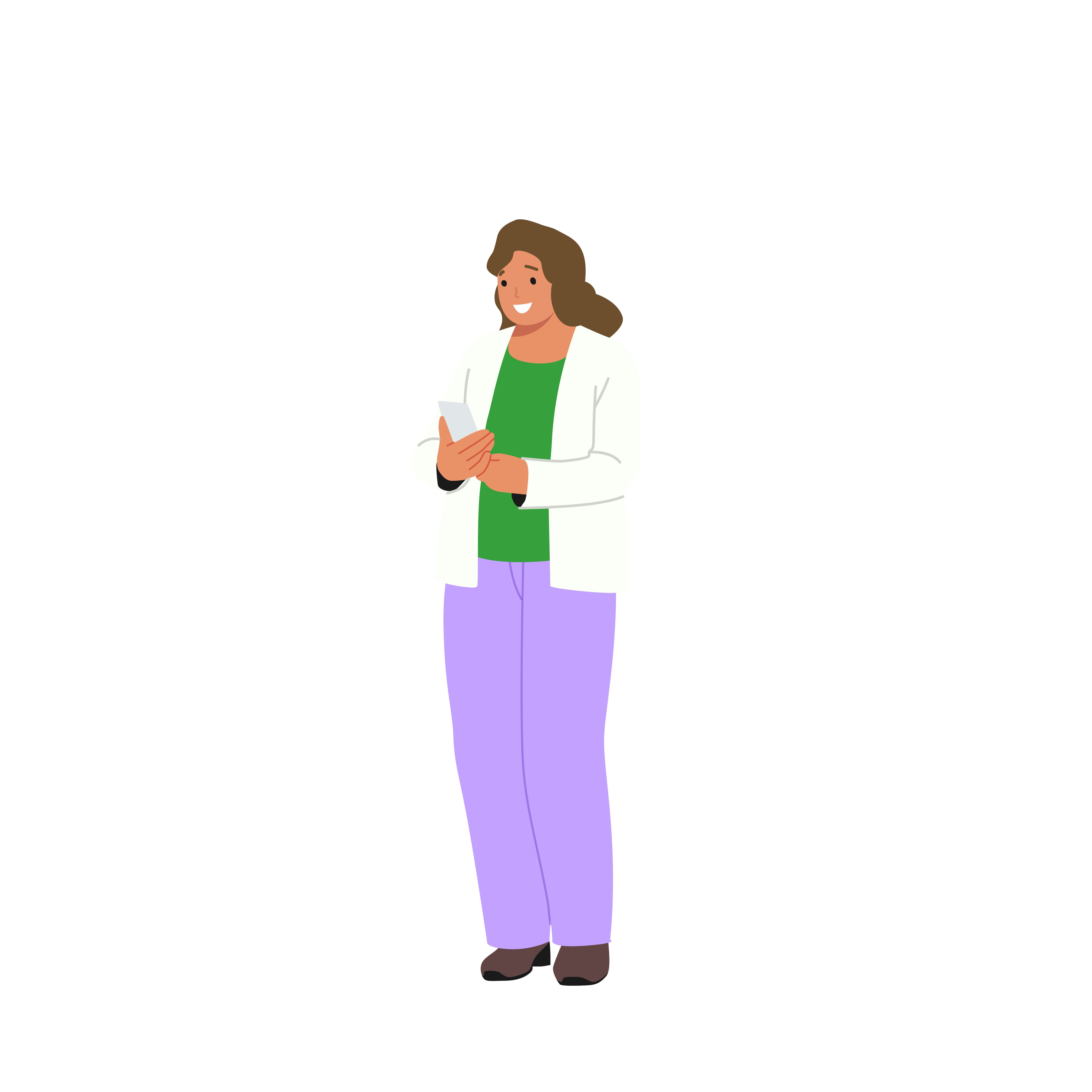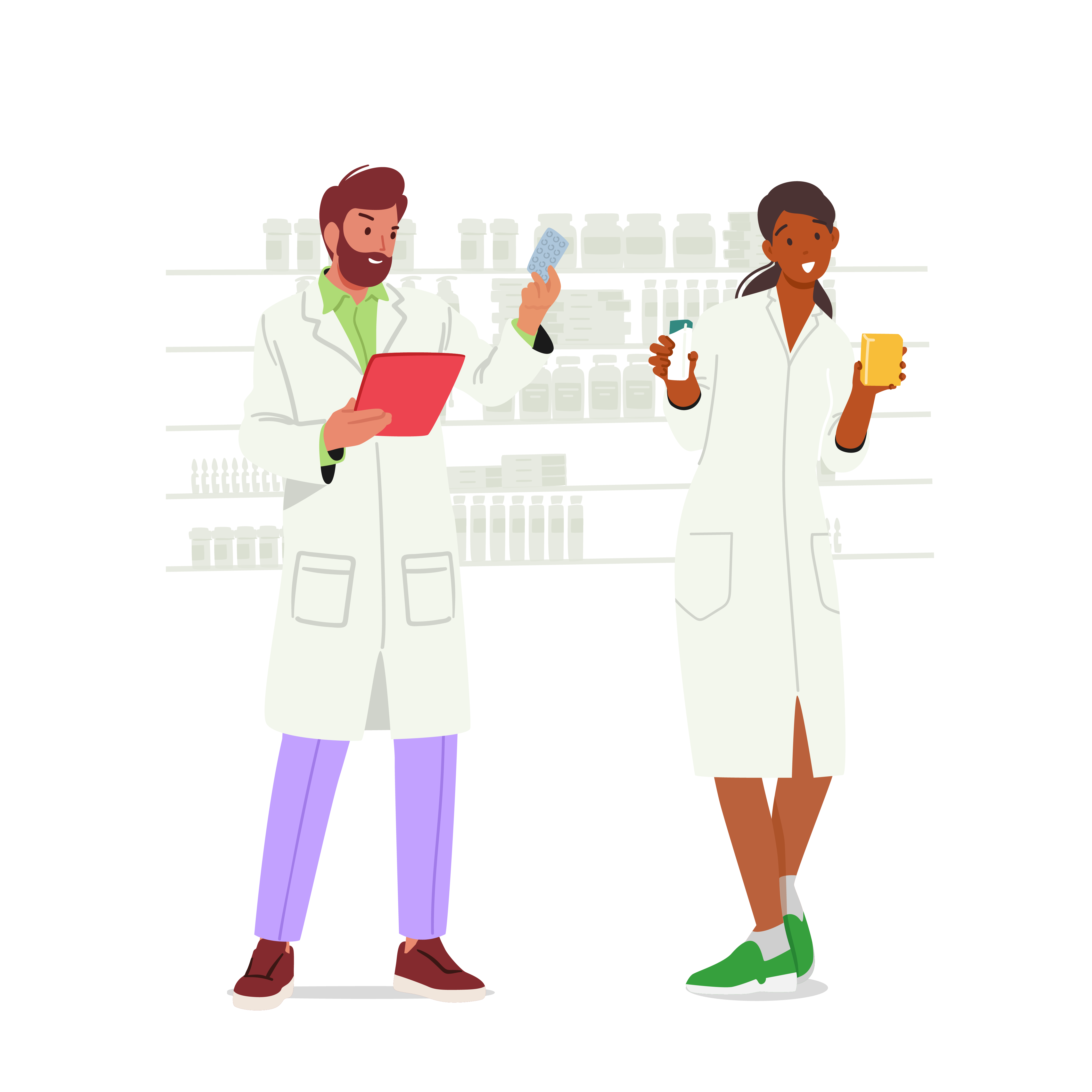- Home
- Sexual Health
- Chlamydia Treatment
Chlamydia Treatment
Chlamydia is the most common sexually transmitted infection (STI) in the UK. It spreads through unprotected sex and can affect both men and women. Many people with chlamydia don’t notice any symptoms, which means it can be passed on without realising. When symptoms do appear, they may include pain when peeing, unusual discharge, or pain in the lower stomach or testicles.
If chlamydia is not treated, it can cause more serious health problems, including issues with fertility. At PharmXtra, we offer effective treatment options to help clear the infection and protect your health. Early testing and treatment are key.
More Information
What is chlamydia?
Chlamydia is a common sexually transmitted infection (STI) caused by the bacterium Chlamydia trachomatis. It can infect both men and women and is typically transmitted through sexual contact, including vaginal, anal, or oral sex, with an infected partner. Chlamydia often does not cause symptoms, especially in the early stages of infection, but if left untreated, it can lead to serious complications such as pelvic inflammatory disease (PID), infertility, or increased risk of HIV transmission. Regular STI testing and safe sexual practices are important for preventing and detecting chlamydia infections.
Can you cure chlamydia?
Yes, chlamydia infections can usually be effectively cured with appropriate treatment, typically antibiotics prescribed by a healthcare professional. Early detection and treatment of chlamydia are important for preventing the spread of infection to sexual partners and reducing the risk of complications. Most cases of chlamydia can be treated successfully with a course of antibiotics, although follow-up testing may be recommended to ensure that the infection has cleared completely. It is important to complete the full course of antibiotics as prescribed, even if symptoms improve, to ensure that the infection is fully eradicated.
Are there any natural ways to treat chlamydia?
While antibiotics are the primary treatment for chlamydia infections, there are no proven natural remedies or alternative treatments that can effectively cure chlamydia on their own. However, maintaining good overall health, including a balanced diet, regular exercise, and adequate rest, can support the body's immune system and promote recovery from infections, including chlamydia. It is important to note that you should always consult with your doctor to ensure that natural treatments are safe and suitable for your condition. In the case of chlamydia, prompt diagnosis and treatment with antibiotics are essential for effective management and prevention of complications.
What is chlamydia treatment?
Chlamydia treatment typically involves a course of antibiotics prescribed by a healthcare professional to eradicate the infection and prevent complications. The most commonly prescribed antibiotics for chlamydia include azithromycin or doxycycline, which are usually taken orally for a specified duration, as directed by a doctor. Treatment may also include partner notification and testing to identify and treat sexual partners who may have been exposed to the infection. In addition to antibiotic therapy, it is important to practice safe sex and avoid sexual activity until the infection has been treated and resolved to prevent reinfection or transmission to others.
What forms do chlamydia treatments come in?
Chlamydia treatments typically come in the form of oral antibiotics, such as tablets or capsules, that are taken by mouth as directed by a healthcare professional. Azithromycin and doxycycline are the most commonly prescribed antibiotics for chlamydia infections and are available in various formulations and dosages to suit individual needs and preferences. In some cases, alternative antibiotics or intravenous (IV) antibiotics may be recommended for severe or complicated chlamydia infections, but oral antibiotics are usually sufficient for most cases.
Do you need a prescription for chlamydia medications?
Yes, antibiotics for chlamydia treatment require a prescription from a healthcare professional. You cannot obtain antibiotics for chlamydia treatment over-the-counter without a prescription. If you suspect you have a chlamydia infection or have been exposed to chlamydia, it is important to consult with your doctor or a sexual health clinic for testing, diagnosis, and appropriate treatment. At EU Meds, all requests for chlamydia medications are subject to an online clinical consultation, and the decision to prescribe antibiotics will be made by a doctor based on individual health concerns and treatment needs. Early detection and treatment of chlamydia are essential for effective management and prevention of complications.
Medication delivered discreetly from EU pharmacies



Choose the right treatment
From the comfort of your own home or out on the go, choose the treatment you require from our extensive range.
Complete an online consultation
A vital part of our process, your online consultation will be similar questions to that of a GP. Quick and easy, we guarantee privacy and confidentiality.
Delivered discreetly
One of over 100 of our partner regulated EU pharmacies will dispense and ship the treatment to you.
Rated out of 5 on 
Been using them for over a year and can't fault them.
Brilliant and helpful service as always Quick delivery and helpful tracking
Flawless service. Sent me the medication I ordered, at the price advertised, delivered at a speed which exceeded my expectations.
Easy ordering, fast delivery
Rated 4.6 out of 5 based on 5111 reviews

Here to help you
Our Customer Service is available Monday to Friday 9am - 4pm. If you need urgent assistance, do not use this service. Call 111, or in an emergency call 999. Visit our help section



